Question And Answer
Publications
Articles, publications, books, tools and multimedia features from the U.S. Institute of Peace provide the latest news, analysis, research findings, practitioner guides and reports, all related to the conflict zones and issues that are at the center of the Institute’s work to prevent and reduce violent conflict.
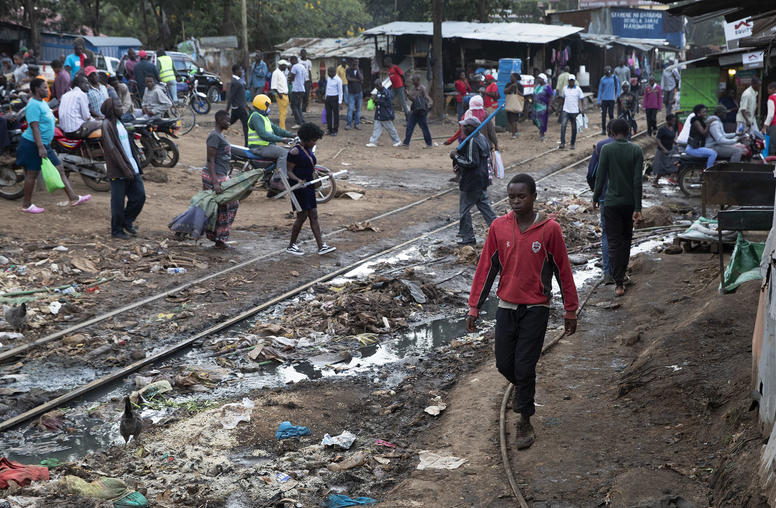
Diplomacy, Development and Defense Officials Pledge To Advance U.S. Fragility Strategy
The United States is committed to advancing the Global Fragility Act (GFA) as part of its global response to the coronavirus pandemic, senior State Department, USAID and Department of Defense officials said on Wednesday at a virtual gathering of development and peacebuilding organizations and experts convened by the U.S. Institute of Peace to facilitate discussions on how to implement the legislation.
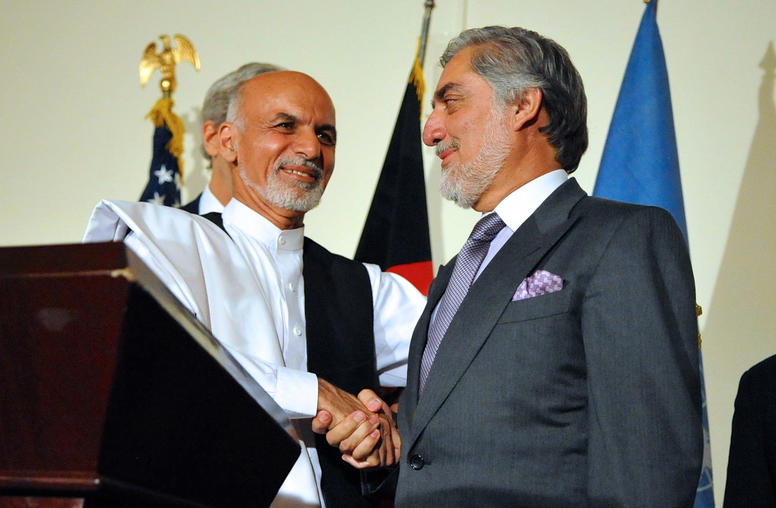
Rival Afghan Leaders Agree to Share Power—Now Comes the Hard Part
Last weekend, Afghan President Ashraf Ghani and rival Abdullah Abdullah signed a power-sharing deal to end a months-long dispute over the 2019 presidential election. The deal comes amid a spate of high-profile violence, including a recent attack on a Kabul maternity ward by suspected ISIS perpetrators. Meanwhile, the Afghan peace process has stalled since the U.S.-Taliban deal signed at the end of February. The power-sharing agreement could address one of the key challenges to getting that process back on track. USIP’s Scott Worden and Johnny Walsh look at what the agreement entails and what it means for the peace process.
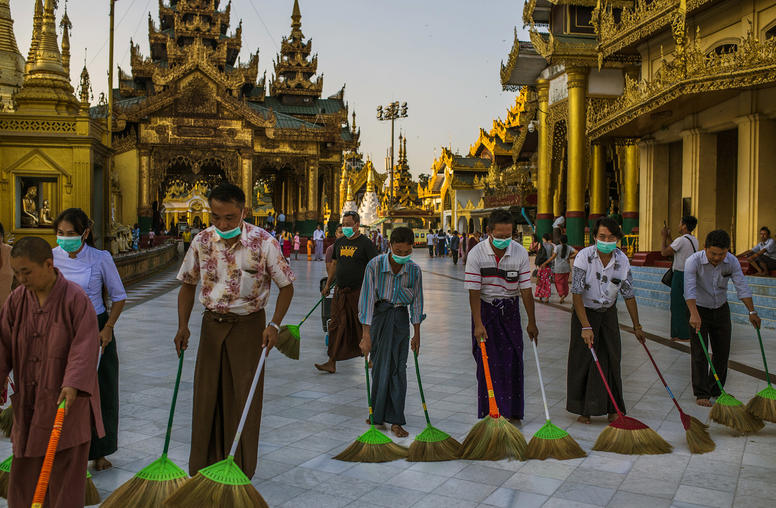
The Coronavirus Challenges Myanmar’s Transition
Like other nations dealing with armed conflicts, Myanmar faces destabilizing risks from the COVID pandemic. The country’s young democratic transition depends on a general election expected in November, yet the government and civil society are overburdened with the struggle against the coronavirus. Meanwhile, signs are growing that the army is using the COVID emergency to strengthen its influence over government and society. Preparing a fair, inclusive election amid this crisis poses the toughest test in years for Myanmar’s democratic transition—and the process must begin in earnest now.
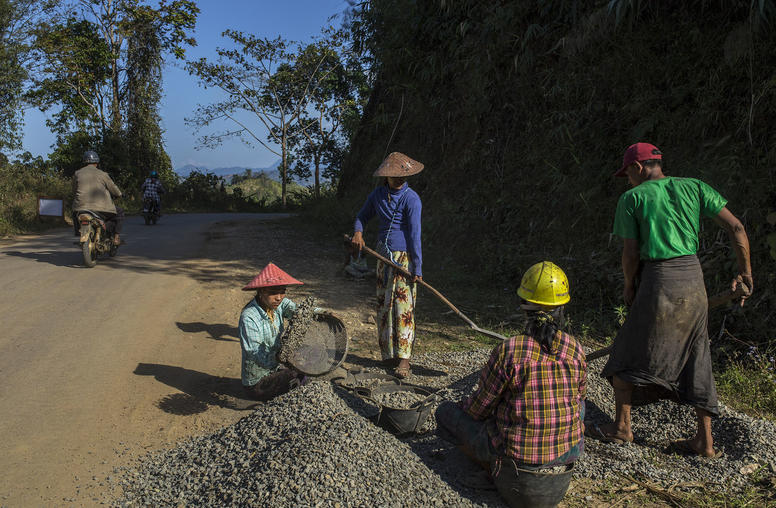
China Using Pandemic Aid to Push Myanmar Economic Corridor
From almost the moment Myanmar detected its first case of COVID-19 on March 23, China jumped to aid its neighbor to the south. China’s army, navy, and government agencies, as well as companies, showered nearly every level of Myanmar’s government and military with health assistance. The question for Myanmar civil society groups was whether the help came with strings attached. On May 21, they got their answer: After a phone call between Chinese leader Xi Jinping and Myanmar’s President U Win Myint about COVID-19 response and Chinese assistance, Xi moved to a second agenda item—the implementation of 33 cooperative economic agreements signed during his historic visit to Myanmar in January. Of particular concern: co-construction of the multi-billion-dollar China-Myanmar Economic Corridor.
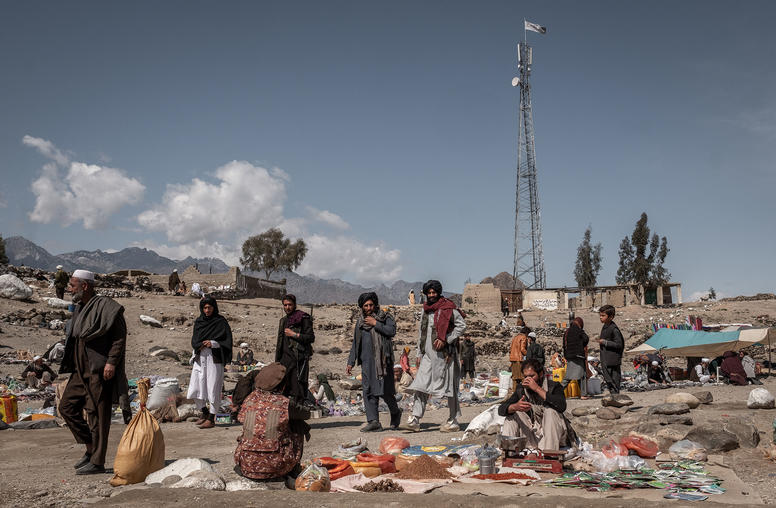
Is the Afghan Peace Process Back on Track?
A three-day cease-fire between the Taliban and Afghan government over Eid al-Fitr expired on Tuesday. This was only the second such cessation of hostilities in the nearly two-decade war. And just two weeks ago, President Ashraf Ghani and his rival, Abdullah Abdullah, agreed to share power after a monthslong dispute over the 2019 presidential election. These developments have injected renewed hope that a political solution, negotiated among Afghans, is still possible. USIP’s Scott Smith looks it all means for the peace process, when we can expect the vital intra-Afghan negotiations to begin, and what, if any, impact COVID-19 has had on peace.
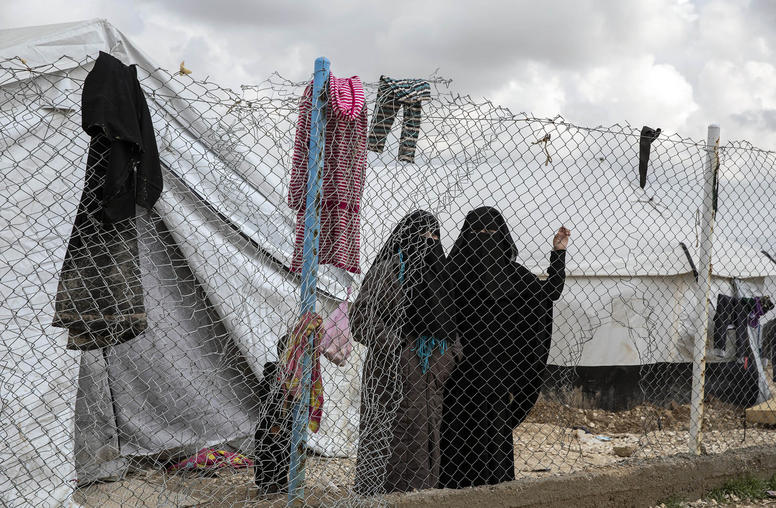
Coronavirus and ISIS: The Challenge of Repatriation from Al-Hol
It was just over a year ago, in March of 2019, that the United States and coalition forces declared the territorial defeat of ISIS following the fall of its last stronghold in Baghouz, Syria. Male fighters over 15 were placed in Kurdish run detention centers throughout northeast Syria, while tens of thousands of women and children who were living among the terrorist organization streamed into the al-Hol camp, giving rise to an unprecedented mix of humanitarian and security challenges. If left unaddressed, the camp could easily serve as the breeding ground for the next generation of ISIS, which is already beginning to reemerge in parts of Syria and Iraq.
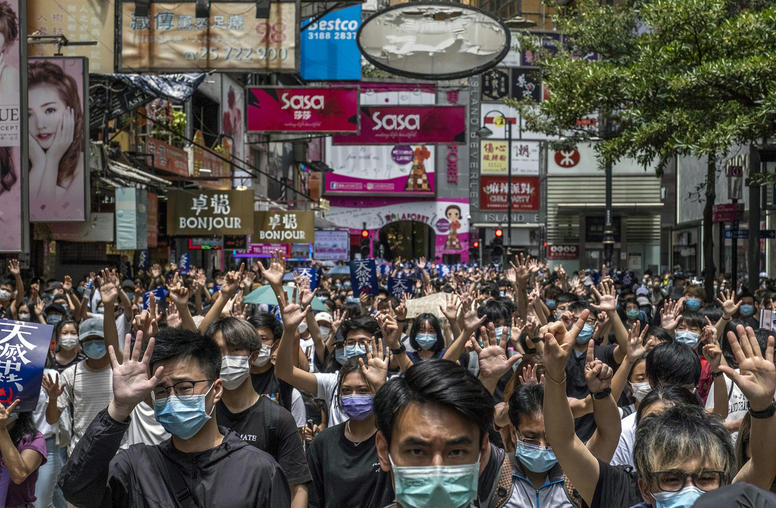
Beijing Legislation Reignites Hong Kong Protests
In Hong Kong, protesters have once again taken to the streets to push back against China’s efforts to assert further control over the territory. After a year of intense demonstrations calling for greater autonomy from the mainland, Hong Kong is now facing proposed legislation from Beijing that would broadly curtail citizens’ rights and freedoms. USIP’s Patricia Kim and Rachel Vandenbrink examine the proposed legislation, how the coronavirus pandemic is affecting the situation, and what the U.S. can do in response.
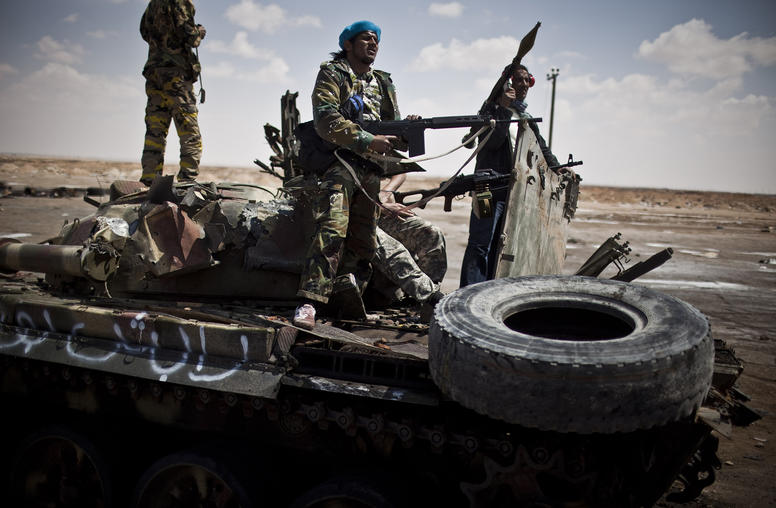
Foreign Interference Remains Key Driver of Libya Conflict
Libyan strongman Khalifa Haftar over a year ago launched his offensive to seize Libya’s capital, Tripoli, from the internationally recognized Government of National Accord (GNA). The battle for Tripoli had been at a stalemate for months until late May when hundreds of Russian military contractors, supporting Haftar’s Libya Arab Armed Forces (LAAF), retreated from fighting on the frontlines. The role of outside powers continues to drive Libya’s conflict, with Turkey, Egypt, the UAE, and Russia all heavily involved. Just yesterday, the U.N. mission in Libya said that the two sides agreed to resume cease-fire talks but did not say when these renewed talks would start.
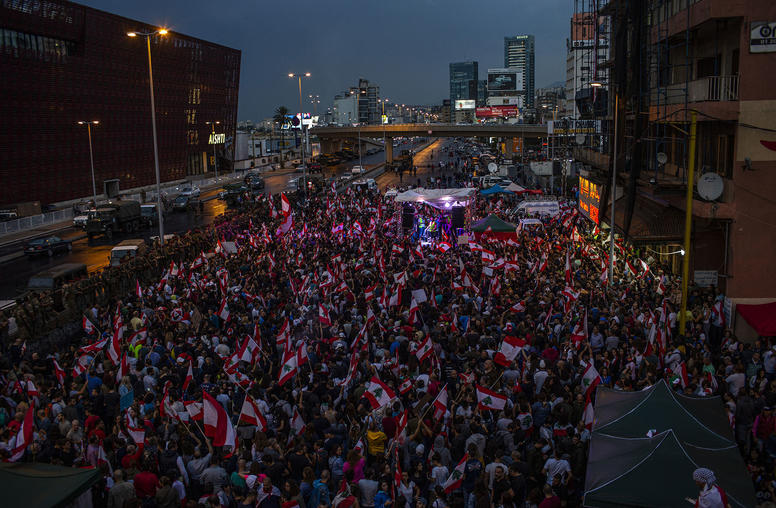
Lebanon’s Protests Set to Pick up Despite Coronavirus Pandemic
Protests erupted in Lebanon last year over the country’s lagging economy and sclerotic, sectarian-based political system, but slowed amid the global pandemic. The small Mediterranean nation’s economy is in free fall, with the World Bank estimating more than half the population living below the poverty line. Protesters were forced to switch tactics amid the coronavirus and the lock down measures have forced even more Lebanese into poverty. But protesters are planning to return to the streets as COVID precautions ease. USIP’s Elie Abouaoun and Osama Gharizi discuss how the government has responded in the months since protests erupted in October 2019, how the protesters adapted during the pandemic, and the role of Hezbollah.
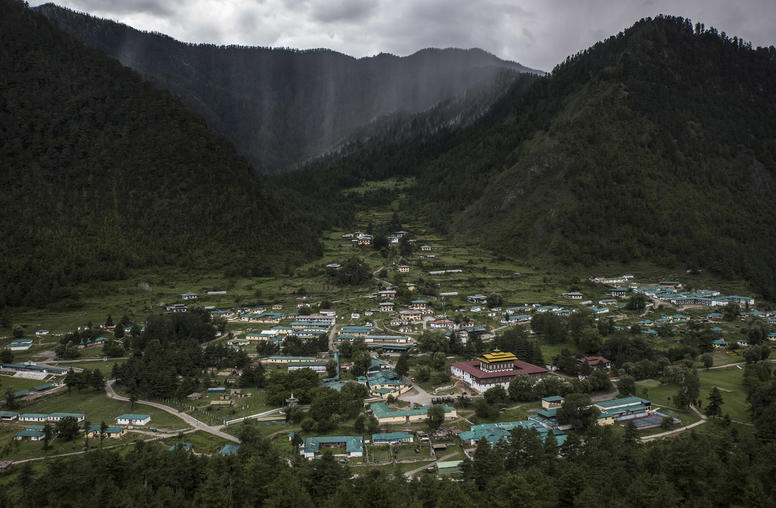
India and China Come to Blows in the Himalayas
In early May, a fistfight broke out between Chinese and Indian soldiers along the disputed border between the world’s two most populous, nuclear-armed nations. A few days later, Chinese soldiers confronted Indian soldiers at several other points along the Line of Actual Control (LAC), which has served as the de facto border between the two countries since the 1962 Sino-Indian war. Both countries have more recently ramped up their military presence in the region. This escalation of tensions comes as China has turned increasingly assertive in its neighborhood, and as the world grapples with the COVID-19 pandemic. USIP’s Vikram J. Singh, Jacob Stokes, and Tamanna Salikuddin look at the causes behind the flare-up and its potential consequences.